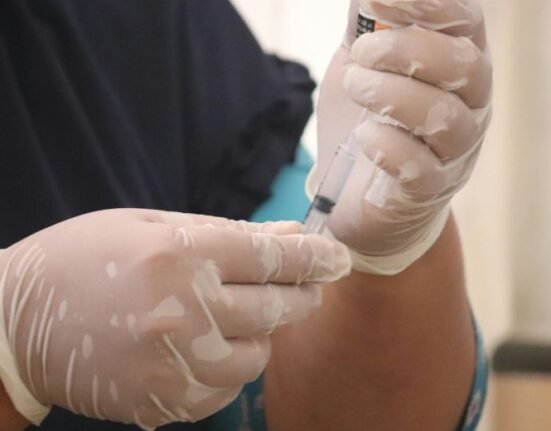HQ Team
July 7, 2023: Humans have an upper critical temperature range of between 45 degrees Celsius and 50 degrees Celsius, and in that range the body stops functioning optimally, researchers reveal.
When outside temperatures reach that range it raises a person’s resting metabolic rate — the amount of energy needed to function at rest.
“Quite a lot of work has been done on the range of temperatures that different animal species prefer to live at in terms of their metabolic rates being minimal and thus their energy expenditure being low,” Prof. Lewis Halsey and his team at the University of Roehampton, UK found.
“Weirdly, information is much less available for humans when considering the upper limits of our thermal neutral zone,” Prof Hadley said in a statement.
When the upper critical temperature range is reached, people may start to breathe more heavily and their heart rates can go up. Once a person’s body can no longer get rid of excess heat — a condition known as “heat stress” — the core temperature rises.
Fainting
It can result in confusion, nausea, dizziness, headache, or fainting.
Studying temperatures at which human metabolic rates start to rise, and how this varies between people, can have implications for working conditions, sports, medicine, and international travel.
“This research provides fundamental knowledge about how we react to suboptimal environments, and how ‘optimal’ differs between people with different characteristics,” said Prof. Halsey.
The researchers are investigating how heart function is affected by temperatures above the upper critical temperature, and how effects on the heart vary between people with different characteristics such as age and physical fitness.
“We found some considerable changes in heart function responses to the heat between categories of people, the most novel being between the sexes,” said Prof. Halsey. “On average, men and women display some key differences in their cardiovascular responses to the heat.”
The team measured detailed heart function using a state-of-the-art echocardiograph. “It was not easy to operate this kit in the heat!”, he said. “The sort of equipment you’d see in hospitals, but rarely in research laboratories.”
Baseline comparison
For a baseline comparison, the researchers used 28 degrees Celsius with 50% humidity, as humans, can maintain their core body temperature in those settings.
Researchers found that at 40 degrees Celsius and 25% humidity, participants’ metabolic rates increased by an average of 35% compared to the baseline, though their core body temperatures did not go up.
At 50 degrees Celsius and 50% humidity, people’s core temperatures rose by an average of one degree Celsius. People’s metabolic rates also rose by 56%, and their heart rates went up by 64%. Even sweat does not cool the body at this stage.
“We are steadily building a picture about how the body responds to heat stress, how adaptable it can be, the limits to those adaptations, and – crucially – how varied the responses are between individuals. In a warming world, this knowledge becomes ever more valuable,” said Prof. Halsey.
According to the WMO, global temperatures, disruptive weather, and climate patterns are set to soar during the July-September period as El Niño conditions have developed in the tropical Pacific for the first time in seven years.
Breaking heat records
The World Meteorological Organization in its latest update on June 4, 2023, stated that there was a 90% probability of the EL Nino event continuing during the second half of this year.
“The onset of El Niño will greatly increase the likelihood of breaking temperature records and triggering more extreme heat in many parts of the world and in the ocean,” said WMO Secretary-General Petteri Taalas.
From 1998-2017, more than 166 000 people died due to heatwaves, including more than 70 000 who died during the 2003 heatwave in Europe, according to the WHO.
Population exposure to heat is increasing due to climate change. Globally, extreme temperature events are observed to be increasing in frequency, duration, and magnitude.








